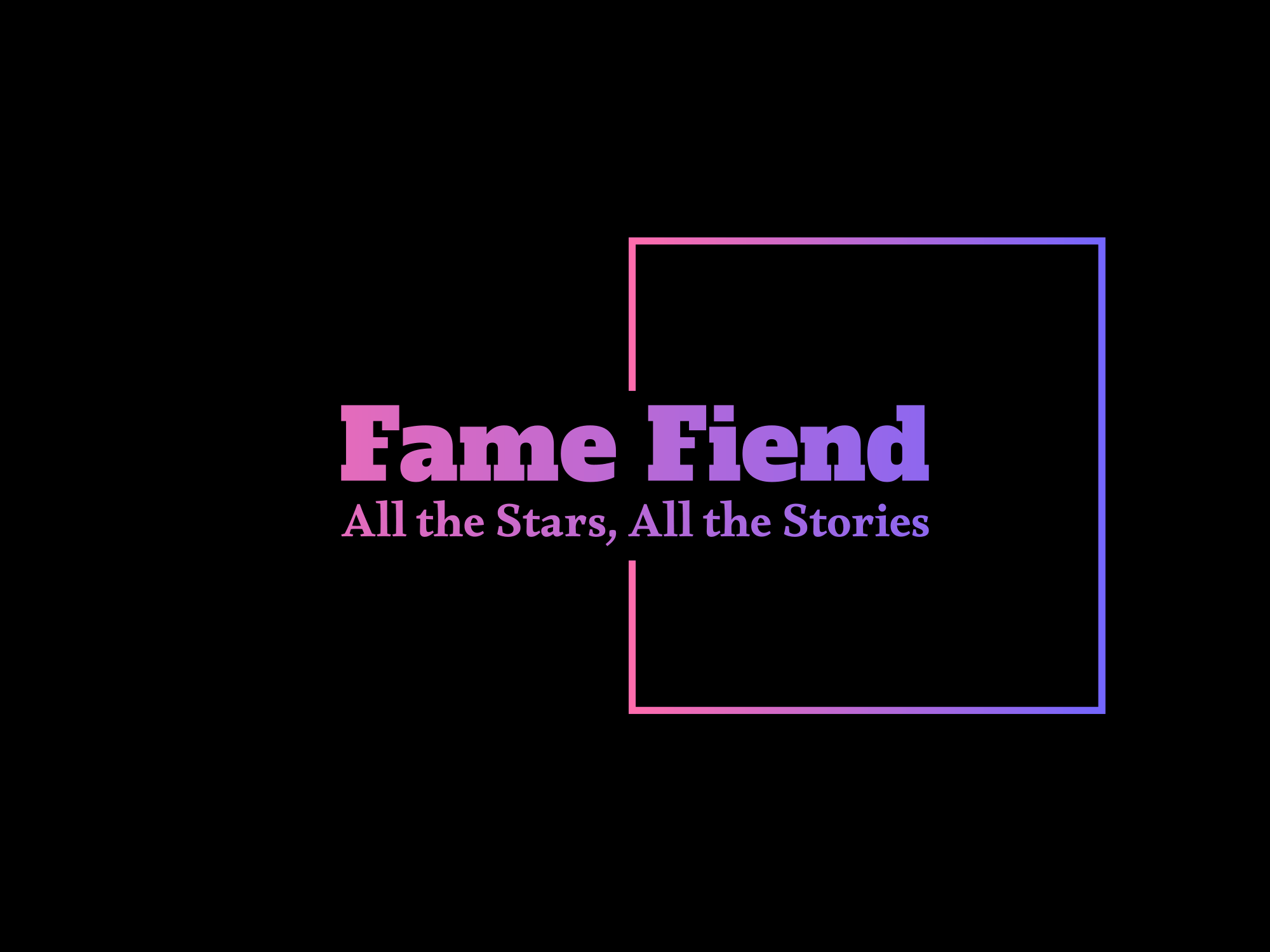Add ByteDance to the list of companies that are envisioning AI avatars as the future of creator-fan interactions. Douyin — ByteDance’s Chinese counterpart to TikTok — has launched an initiative called the V Project, which includes a robust feature set dedicated to the development of AI-generated creator lookalikes.
Creators who develop AI chatbots via V will be able to outsource fan interactions to those avatars. AIBase noted that the chatbots will be able to interface with fans 24/7 while also participating in group chats, live streams, and comment conversations. The avatars are developed via Doubao, a large language model under the ByteDance umbrella.
The avatars created through V sound a lot like the ones American tech companies are developing in tandem with their respective creator communities. Meta has led that charge, first by creating chatbots that resemble celebrities and then by bringing a Creator AI program to Instagram. Google has suggested that its LLM Gemini could be used to turn YouTubers into lookalike bots.
Subscribe for daily Tubefilter Top Stories
Individual creators have also used chatbots to outsource fan interactions. That’s what streamer Amouranth did with the “AI girlfriend” she developed alongside tech company Forever Voices. Her bot counterpart took in $34,000 of revenue during its first 24 hours of sales, and Amouranth has followed up that success by bringing her “AI twin” to the Eva AI app.
Given the enthusiasm for these features in Silicon Valley and the influencer world, it would make sense for ByteDance to bring some version of V to TikTok in the West. Social Media Today notes that creator-inspired chatbots would fit next to the AI avatar capabilities that are already available (predominantly for brands) in TikTok’s Symphony Creative Studio.
A mix of ethical and business concerns could slow down the global rollout of V-style programs. For starters, creators have to agree to have their likenesses scraped before their lookalike chatbots can be developed, and many skeptics are hesitant to embrace that process.
There are also questions about how AI chatbots could deepen the toxic, parasocial relationships some fans have with their favorite celebrities. Avatar maker Character.AI is currently facing a lawsuit from the family of a 14-year-old who died by suicide after talking with a chatbot that resembled Daenerys Targaryen from Game of Thrones.
And then there’s an even simpler question: Do fans actually view chatbot interactions as meaningful replacements for chats with human creators? In China, ByteDance believes the answer is yes, but the idea might take a minute before it catches on in the U.S.
